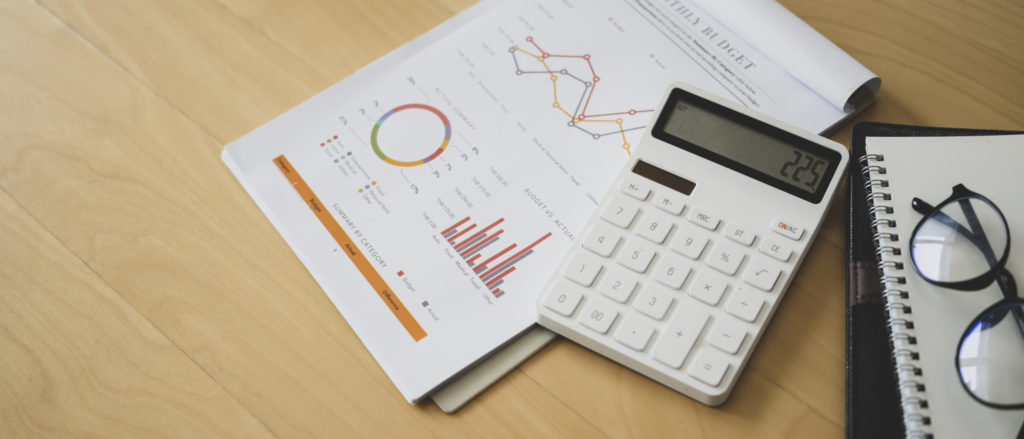There’s no doubt that for tax preparers, tax season is the busiest time of the year. For accountants, tax season is the time of year when they put their all into helping their clients file their tax returns. It’s also when they tend to take on new clients and work to get them organized for the upcoming tax season. There’s a lot of work that goes into tax season, and accountants have to be prepared for it. They need to have the right software, the right tools, and the right knowledge to file taxes for their clients. Even experienced accountants can struggle to keep up, but the good news is that there are many resources available to assist you. If you’re in need of advice, keep reading for some tax season tips for your accounting firm.
What are some tax season tips for accountants?
When it comes to preparing and filing tax returns, the use of high-quality return envelopes can be extremely beneficial for accountants. Not only do these envelopes protect the documents being sent, but they can also ensure that the entire process goes as smoothly as possible. When choosing envelopes for tax returns, select a style that is both professional and durable. There are many options to choose from, so it shouldn’t be difficult to find the right style and size for your needs. Some businesses even offer custom tax envelopes, so you can include your accounting firm’s name and logo.
Accountants are responsible for handling the financial records of their clients. As such, communication with clients is important in order to maintain clear and accurate records. In addition, accountants must stay up to date on their client’s financial situation and needs in order to provide the best possible service. Poor communication can result in misunderstandings and inaccurate financial records. Regular communication with clients also builds strong relationships. By keeping in touch with clients, accountants can ensure that they are providing the best possible service.
You will also need to stay up to date on the latest changes to tax laws. Tax laws can vary from country to country, so it is critical to be familiar with the specific laws in the countries where you are doing business. Tax laws often change or can be updated, so it’s a good idea to review relevant provisions before tax season arrives.
How can accountants manage stress during tax season?
Tax season can put a lot of stress on those who work in the accounting industry, but there are some things you can do to take care of yourself during this busy time of year. For example, lack of sleep can worsen stress in a number of ways. It can lead to more irritability and impatience, and it can also lead to poorer judgment and decision-making. People who are chronically sleep-deprived are also more likely to become anxious and depressed, which can further aggravate stress levels. If you’re struggling to fall asleep on a consistent basis, you should talk to your doctor about finding a solution before tax season.
You may not have much free time, but did you know that spending just 20 minutes interacting with nature can reduce your stress levels? Some ways to get more nature in your life include taking walks outside, spending time at a park, gardening, or taking trips to the beach or the mountains. When we’re surrounded by nature, research indicates we can lower our cortisol levels, clear our minds, and improve our moods. It can also be a great way to connect with your environment and gain a deeper appreciation for the beauty of the world around you.
For most accountants, tax season is anything but a walk in the park. Between gathering all of your paperwork and ensuring that everything is in order, it can be a daunting task. Although tax season isn’t easy for those who work in accounting, there are steps you can take to make your work experience a little smoother and reduce the overall stress you experience. Purchasing office supplies to improve organization, communicating with clients, and staying informed on changes to the tax code are all effective options for accountants who want to be better prepared. If you follow these tips, you can trust that you’ll be in the best possible shape heading into tax season next year.

